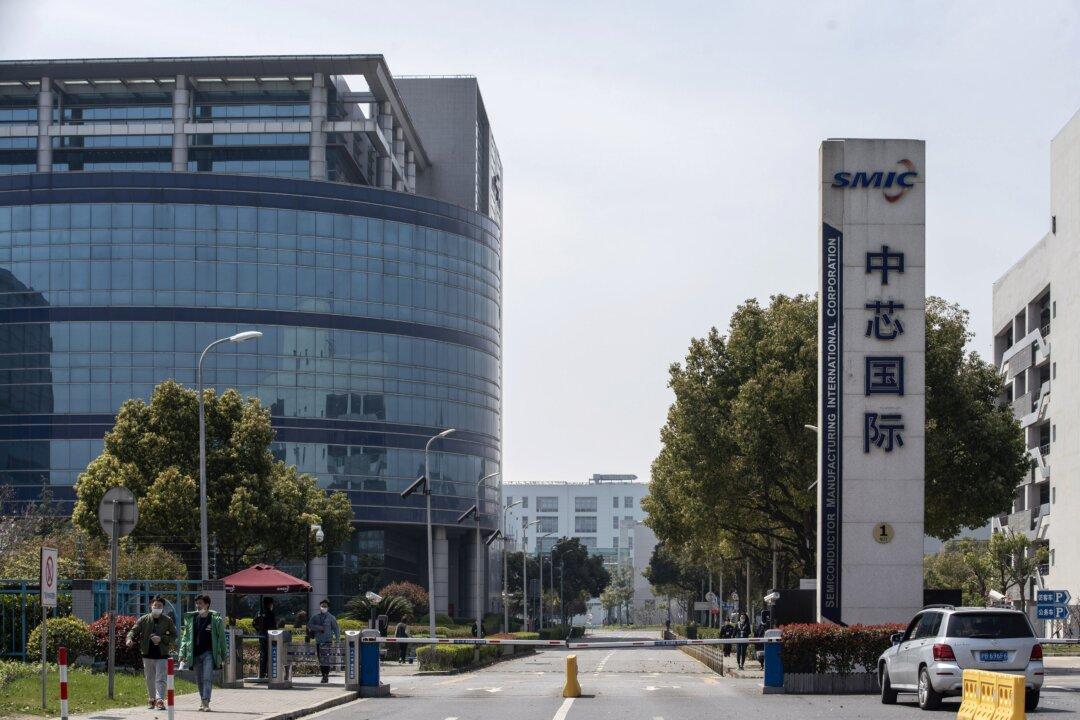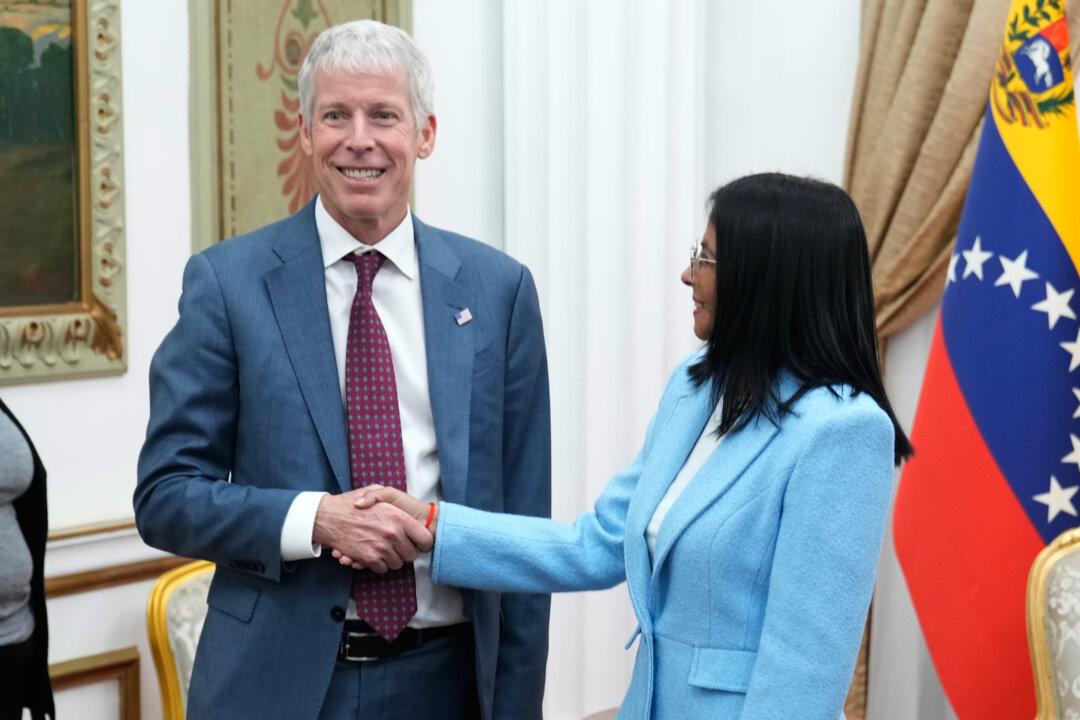With Chinese firms increasingly focusing on boosting the production of older-generation semiconductors, experts in the United States and the Western world are concerned that the development poses a significant international security threat.
The older-generation chips are still critical for various technologies. For instance, 28-nanometer chips have been in use since 2011 in weapons, vehicles, internet of things devices, and so on. The importance of such chips to the global economy has become evident in recent years as a shortage led to widespread global disruption in the manufacturing of consumer electronics and cars.





